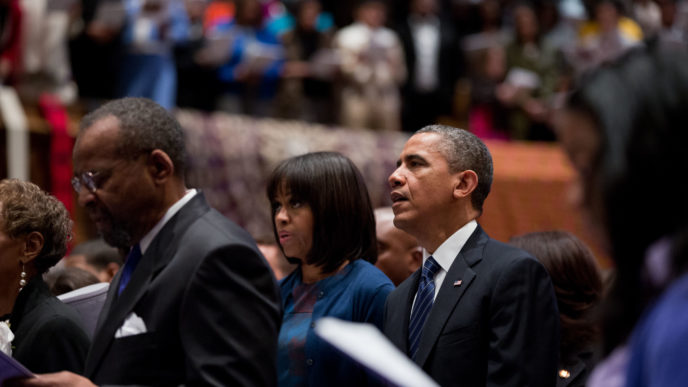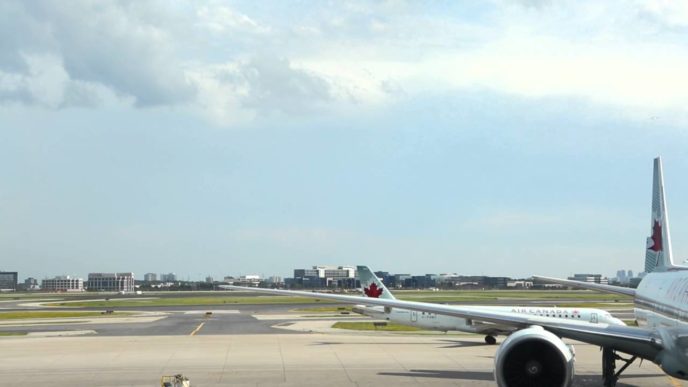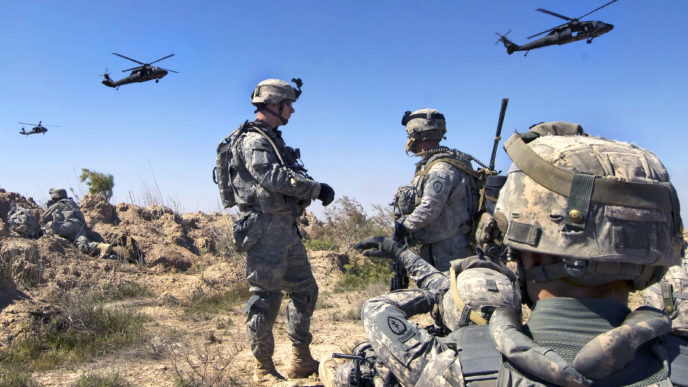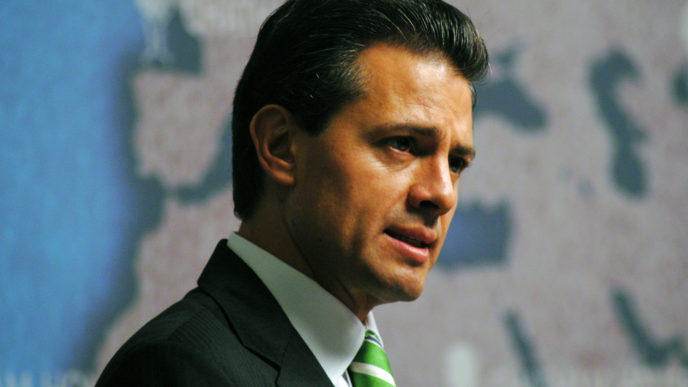Britain’s decision to leave the European Union could inspire other disaffected nations to consider a way out unless the bloc responds to anxiety across the continent over jobs, immigration, and globalization.
While experts say an all-out breakup of the European Union is far-fetched, countries both successful (like Sweden) and struggling (such as Greece) may view the British experience as a model to change their own lots in life.
“There is a serious risk that Britain’s decision to withdraw from the European Union could set off similar demands on other member states,” said Michael Leigh, a senior fellow at The German Marshall Fund of the United States, adding:
It was clear even before the British referendum that the EU is facing a number of problems, and if the EU wishes to regain credibility in the eyes of the citizens of European countries, it must find a way to tackle its own disorders effectively, and demonstrate it can function properly.
Last week, Britain, the European Union’s second-largest economy after Germany, became the first to decide to leave the 28-member bloc.
Leigh, in an interview with The Daily Signal, said the European Union must not view Britain’s exit as a unique case, but rather, a consequence of populist anger that exists throughout the continent. That anger, he said, is fueled by unease that the global economy has created winners and losers, and that integration and bureaucracy may be making that gap harder to close.
According to experts, other member countries with large populations of people skeptical of the European Union—and also may demand a similar referendum—include France, Denmark, Italy, the Netherlands, Hungary, Poland, and Austria.
The European Union also faces other challenges, such as the refugee crisis sparked by refugees fleeing war and poverty in the Middle East and North Africa; Russian aggression in Ukraine; and Greece’s faltering economy.
“We shouldn’t really expect the British referendum to be followed by this sudden surge of integration,” Leigh said:
That’s not realistic because there’s serious differences of views concerning the way forward. The main lesson EU leaders will have learned about the rise of populism is there is no expectation or demand for more Europe. As a result of the British experience, the people will be looking for pragmatic solutions and concrete projects to get out of this problem rather than some new commitment to a more united Europe.
The first big hint of how member governments view the British decision to exit the EU, known as Brexit, will come as they negotiate the terms of Britain’s position outside the union. Also not clear is whether they’ve learned lessons from the result of Britons’ vote.
In an emergency meeting over the weekend of foreign ministers from the European Union’s six founding states—Belgium, France, Germany, Italy, Luxembourg, and the Netherlands—leaders expressed a desire for Britain to quickly invoke Article 50, which would allow the process for severing ties to begin and set a two-year timeline for doing so.
Leigh, and other experts, say those favoring a fast resolution may try to impose harsh conditions on Britain, and limit its interaction with the bloc, in order to make an example of the British.
But other leaders, especially German Chancellor Angela Merkel, considered a key figure in rebuilding the EU, prefer a more patient approach so as to preserve the bloc’s integrity.
“The EU is liable to just bully Britain in order to discourage others from leaving,” said James Jeffrey, a former U.S. ambassador to Iraq who specializes in European security and political issues, adding:
That would be the wrong path to take because instead of discouraging the political class, they would really be discouraging the general population, which is fed up with business as usual inside the EU. So the EU could draw the wrong lessons from Britain’s exit.
Jeffrey, in an interview with The Daily Signal, cautioned European leaders to acknowledge the divide between the elite and masses, and seek to do something about it.
“This is a struggle between the cosmopolitan elite—not just bureaucrats but people who are successful in a modernized globalized economy in Europe and happy with the idea of an ever closer union—and others who want to stay a part of their own countries who have a patriotic feeling and don’t buy the EU’s goals,” Jeffrey said. “We have to reform the EU and water down this idea of a union and take effective action on immigration and address how to loosen the inevitable mountain of regulations that the EU puts on everybody, which just drives some people crazy.”
Ted Bromund, a Heritage Foundation expert on U.S. and British relations with the European Union, argues that though member countries have different conditions, their collective anxiety is animated by the European debt crisis that began at the end of 2009.
“Some nations, like Greece, feel that the EU is bossing them around politically and economically in a particularly brutal way,” Bromund wrote to The Daily Signal in an email:
In others, the slow growth—which a result partly of their own economic policies—is also reflected on the EU. So there is no one single answer [driving the unrest]. If I had to pick one, it would probably be the economic factors around the Euro, and the EU’s low growth; but they are all wrapped up together, and you can’t pull them apart.
Despite these ongoing challenges, the European Union is likely to limit decisive action as the two most powerful nations in the bloc, Germany and France, grapple with national elections in 2017. Leaders of those countries cannot afford to alienate the populist strands of the electorate.
So, as one expert predicts, the European Union—the world’s biggest single economic market—may trudge on for now, until something dramatic happens again.
“There is a deep taboo among member states leaving the EU,” said Tim Oliver, a professor who is the Dahrendorf fellow on Europe-North America relations at the London School of Economics and Political Science.
“The European institution is about moving forward, not backward,” Oliver told The Daily Signal. “Finding a united position is never easy for the EU on a good day, let alone when it is facing something like this. The EU has so far muddled through these challenges. They never solve them. They cope.” (For more from the author of “What Brexit Means for the European Union’s Future” please click HERE)
Follow Joe Miller on Twitter HERE and Facebook HERE.











